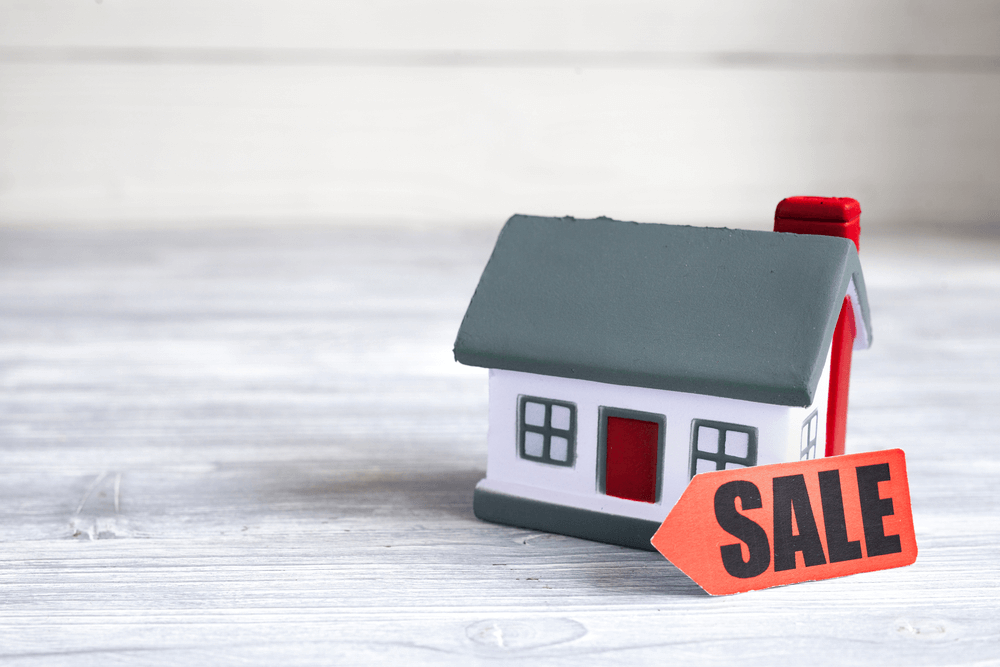Selling your house in New York is a big decision, impacting both your wallet and your life. Whether spurred by a job relocation, a desire for a larger space, or retirement plans, the timing of your sale can significantly impact your financial well-being. In this blog post, we delve into the complexities surrounding this decision-making process, exploring both the financial and non-financial factors that come into play.
From understanding the “5-Year Rule” to considering market conditions and life changes, we’ll unravel the intricacies of selling your home in the vibrant New York real estate market. Join us as we uncover the nuances of timing your home sale for optimal outcomes.
Reasons to Sell Your Home:
Deciding when to sell your home after purchasing it is a crucial consideration. Whether you’re facing unexpected life changes, seeking to capitalize on market trends, or simply reassessing your housing needs, there are various reasons why you might consider selling relatively soon after buying a property. Let’s explore some of these factors and how they influence your decision-making process.
Financial Considerations:
The 5-Year Rule:
One commonly cited guideline within the industry is the “5-Year Rule.” This rule suggests staying in your house for at least five years to recoup the initial closing costs and realtor fees and to begin building equity. It’s a principle that underscores the importance of longevity in homeownership for financial stability.
Capital Gains Taxes:
Another significant financial aspect to consider is capital gains taxes. Living in your primary residence for at least two out of the five years before selling can offer substantial tax benefits. By meeting this requirement, sellers can avoid capital gains taxes on profits exceeding $250,000 for singles or $500,000 for married couples. This exemption can significantly impact your net profit from the sale of your home.
Market Conditions:
Understanding the current market trends is essential when contemplating the timing of a home sale. Factors such as whether it’s a seller’s market or a buyer’s market can greatly influence your decision. In a seller’s market, where demand exceeds supply, selling sooner might yield higher offers. Conversely, in a buyer’s market, where inventory is abundant, holding onto your property for a more suitable time might be advisable to maximize your return.
Non-Financial Considerations:
Life Changes:
Life events often prompt the need to reassess living situations. Whether it’s a growing family needing more space, a career change requiring relocation, or simply a desire for a new environment, personal circumstances play a significant role in the decision to sell a home.
Homeownership vs. Renting:
The decision between homeownership and renting involves weighing the benefits of long-term wealth building against the flexibility of renting. While owning a home offers stability and equity accumulation over time, renting provides freedom from maintenance responsibilities and the ability to easily relocate.
The New York Market Nuances:
Co-op vs. Condo Sales:
In New York City, selling co-op units involves additional complexities compared to condos. Co-ops often require board approval, which can prolong the selling process. Understanding these nuances and navigating them effectively is crucial for a successful sale.
Property Taxes:
Property taxes in New York can significantly impact the long-term ownership strategy. Being aware of the tax implications and factoring them into your financial planning is essential for making informed decisions about selling your home.
Pros of Living Longer in Your House Before Selling
1. Building Equity
The longer you own your home, the more equity you can build through mortgage payments and property appreciation. Waiting to sell may result in a higher selling price and greater financial gains.
2. Familiarity with the Property
Living in your house for an extended period allows you to become intimately familiar with its strengths, weaknesses, and unique features. This knowledge can help you market the property effectively and negotiate a better deal.
3. Market Appreciation
In a rising real estate market, holding onto your property for an extended period can lead to substantial appreciation in its value. Selling at the right time can maximize your returns on investment.
Cons of Living Longer in Your House Before Selling
1. Maintenance Costs
Owning a home entails ongoing maintenance and repair expenses. As the property ages, the need for repairs and upgrades may increase, cutting into your potential profits upon sale.
2. Opportunity Cost
While waiting to sell, you may miss out on other investment opportunities or lifestyle changes. Consider whether holding onto your property aligns with your long-term goals and financial plans.
Conclusion
In conclusion, deciding when to sell your home in New York involves a careful balance of financial prudence and personal considerations. There’s no one-size-fits-all answer, as each individual’s situation is unique. Consulting with a local real estate agent who understands the intricacies of the New York market is invaluable for tailored guidance. By weighing financial goals against personal needs and market dynamics, you can make a well-informed decision that aligns with your overall objectives.
FAQs
Q: When’s the best time to sell in New York?
A. Spring and early summer often see more buyers, but economic factors and your needs also play a role.
Q: How long do New Yorkers typically stay in their homes?
A. The average is 7-10 years, but this varies.
Q. What taxes might I face when selling?
A. You might encounter capital gains and transfer taxes. Consult a tax advisor for specifics.






